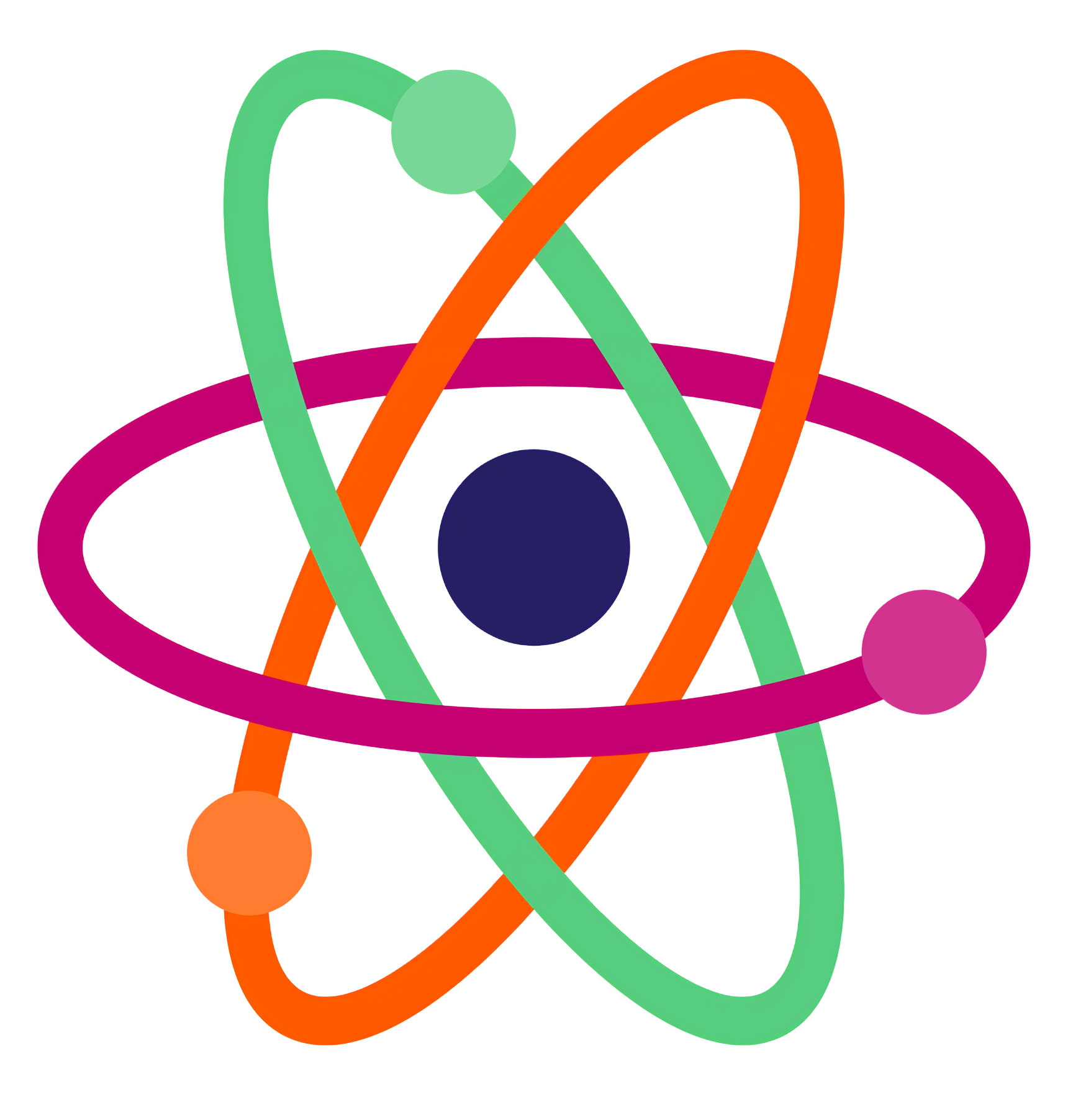The learning goals for third-grade students focus on consolidating foundational skills while introducing more advanced concepts across different subject areas. By third grade, students are expected to become more independent learners with greater responsibility for their work. Here’s an overview of common learning goals for third graders:
This curriculum is designed to provide a balanced education, fostering intellectual, physical, and emotional development in Grade III students.
